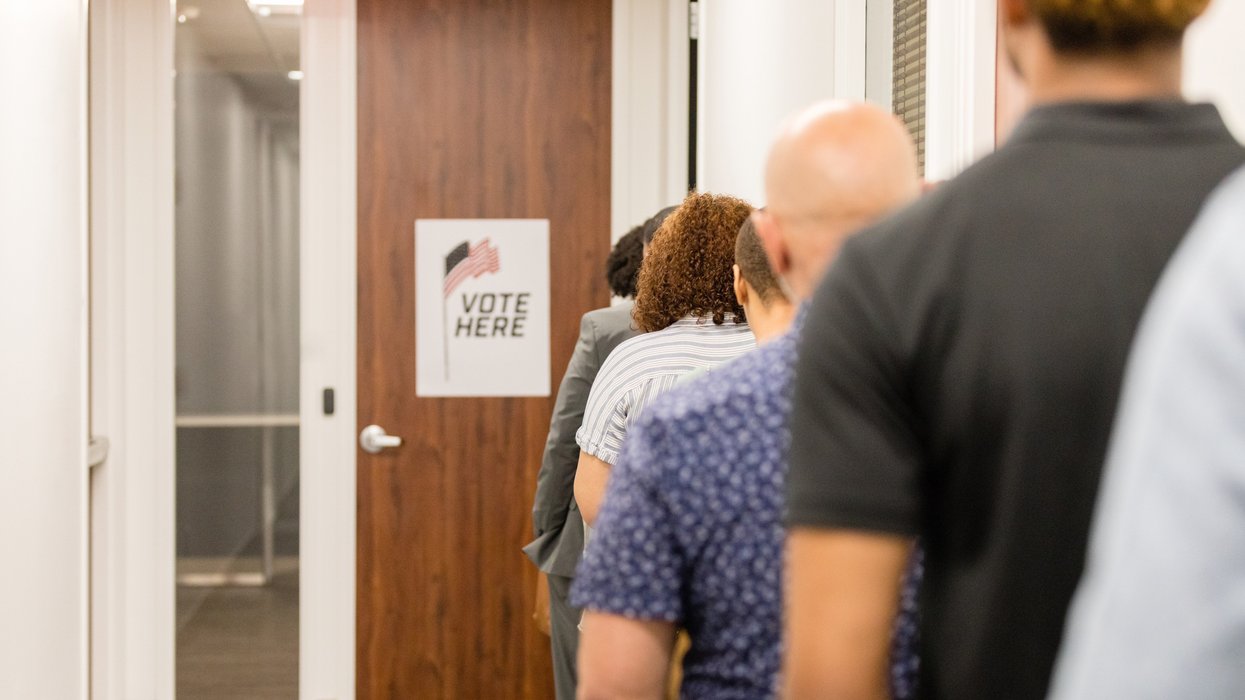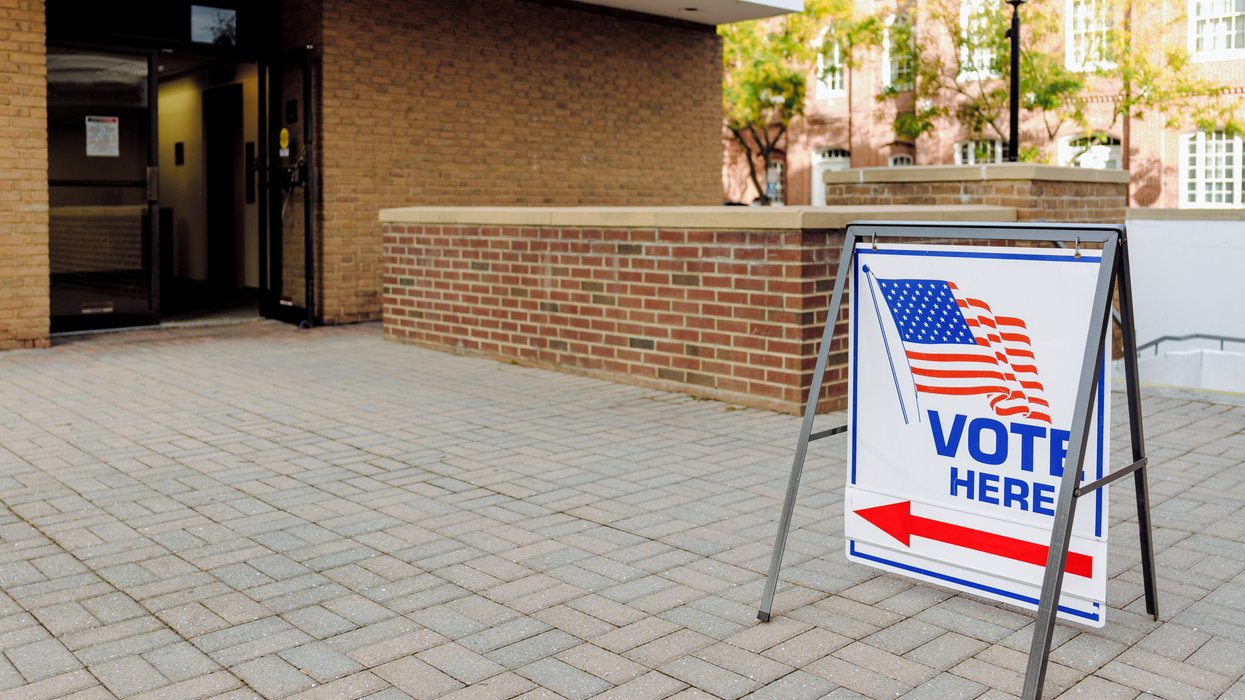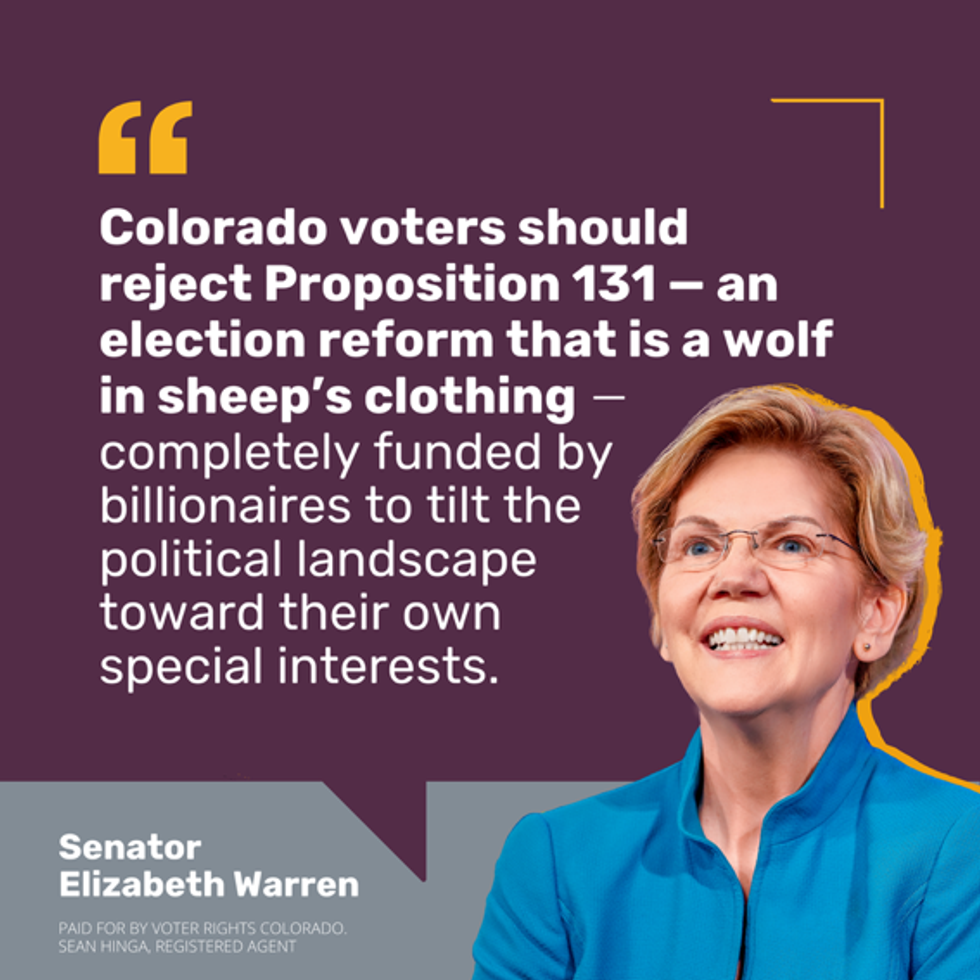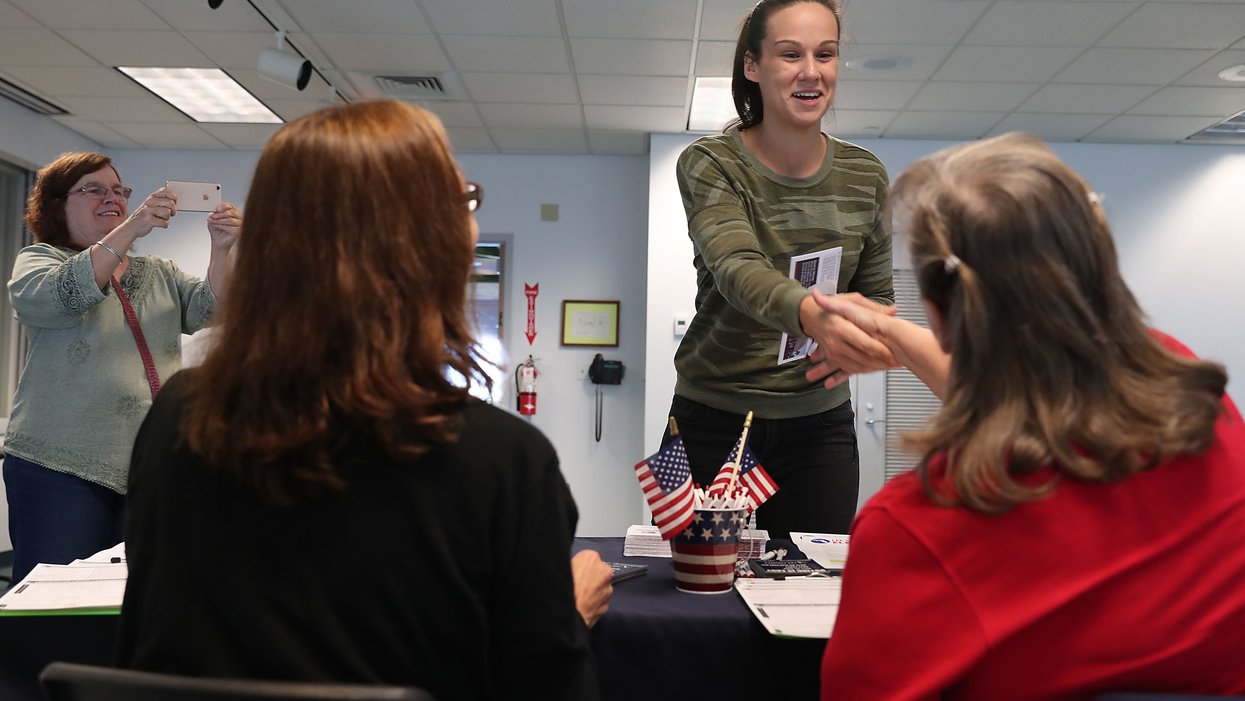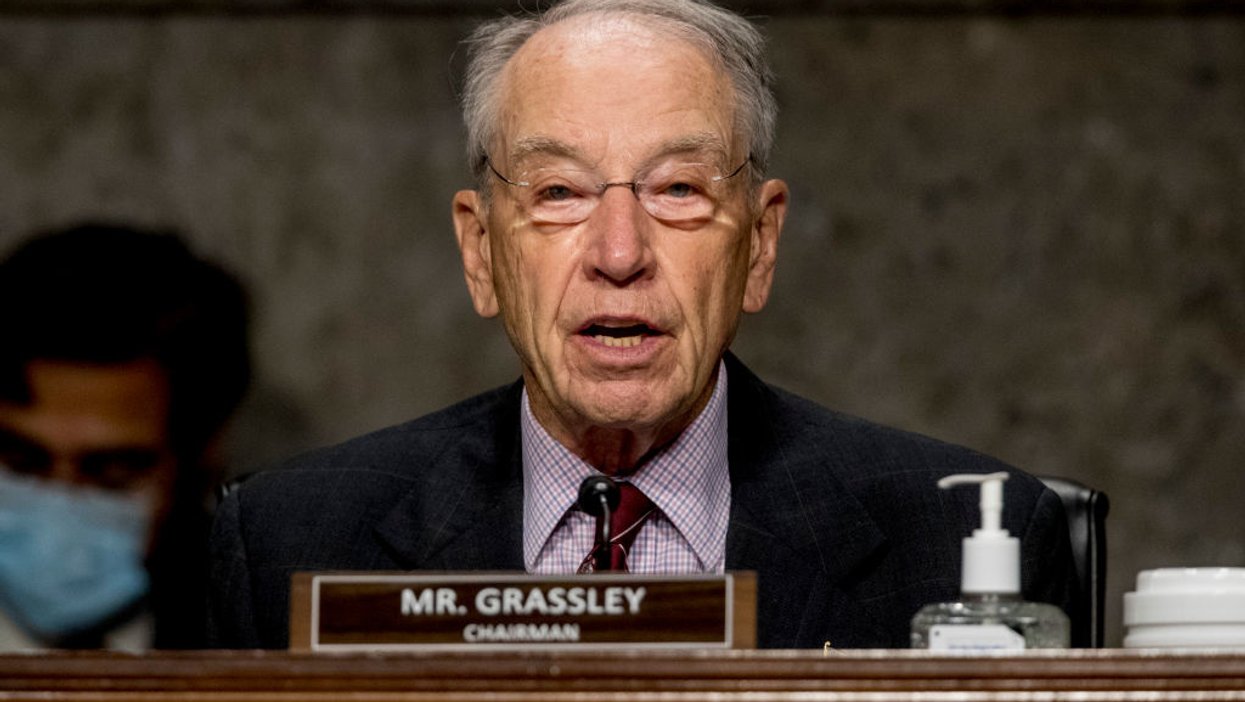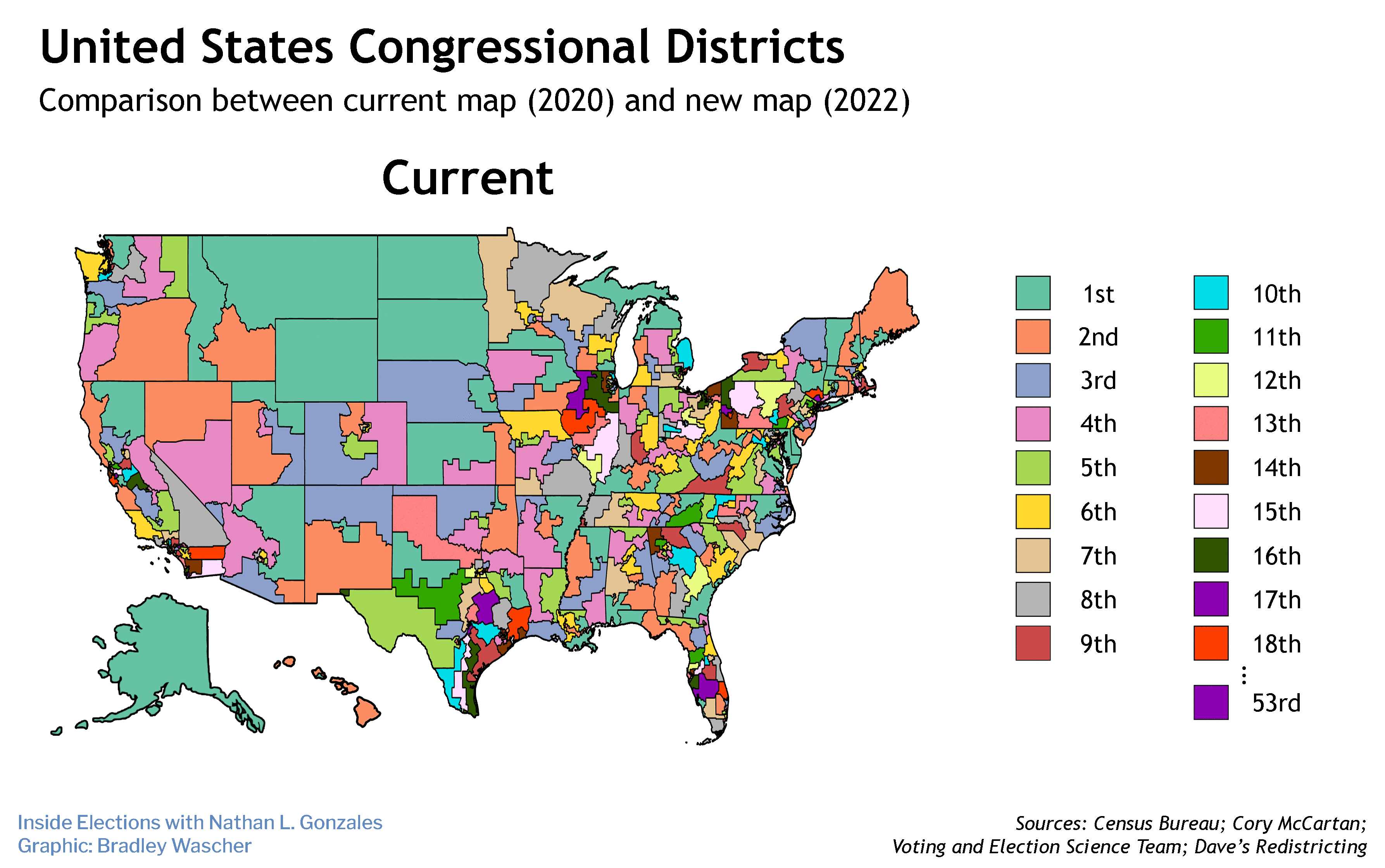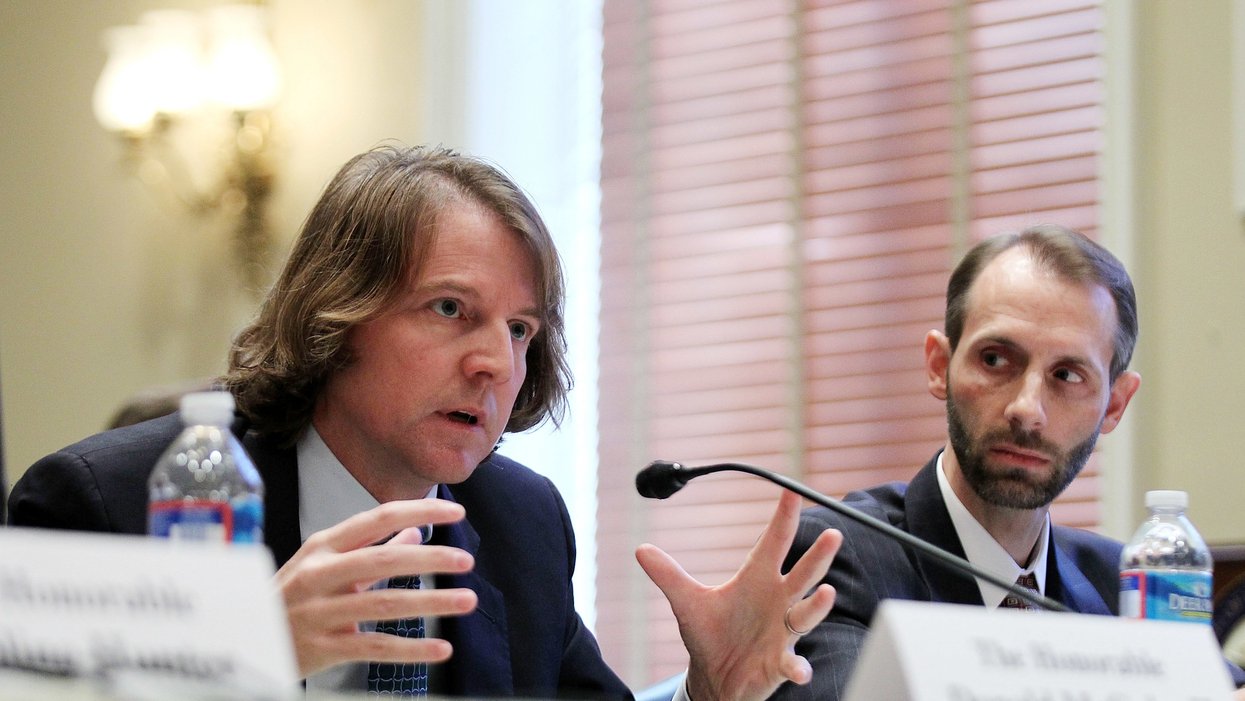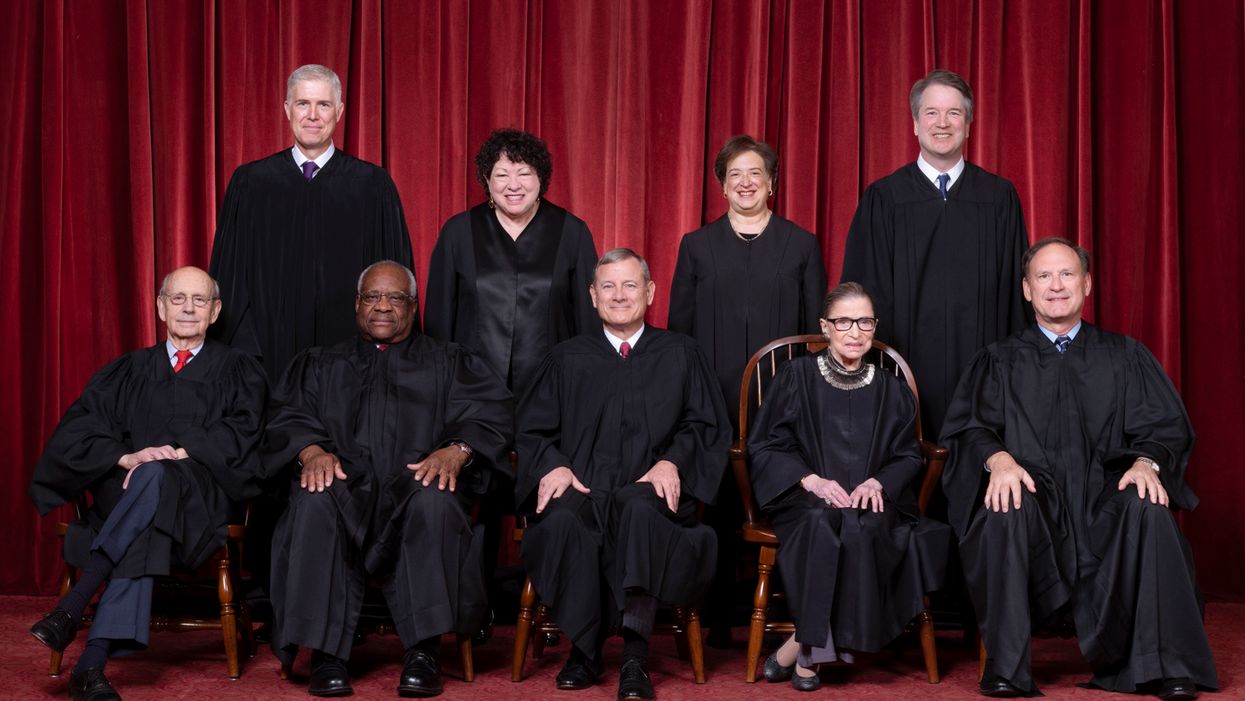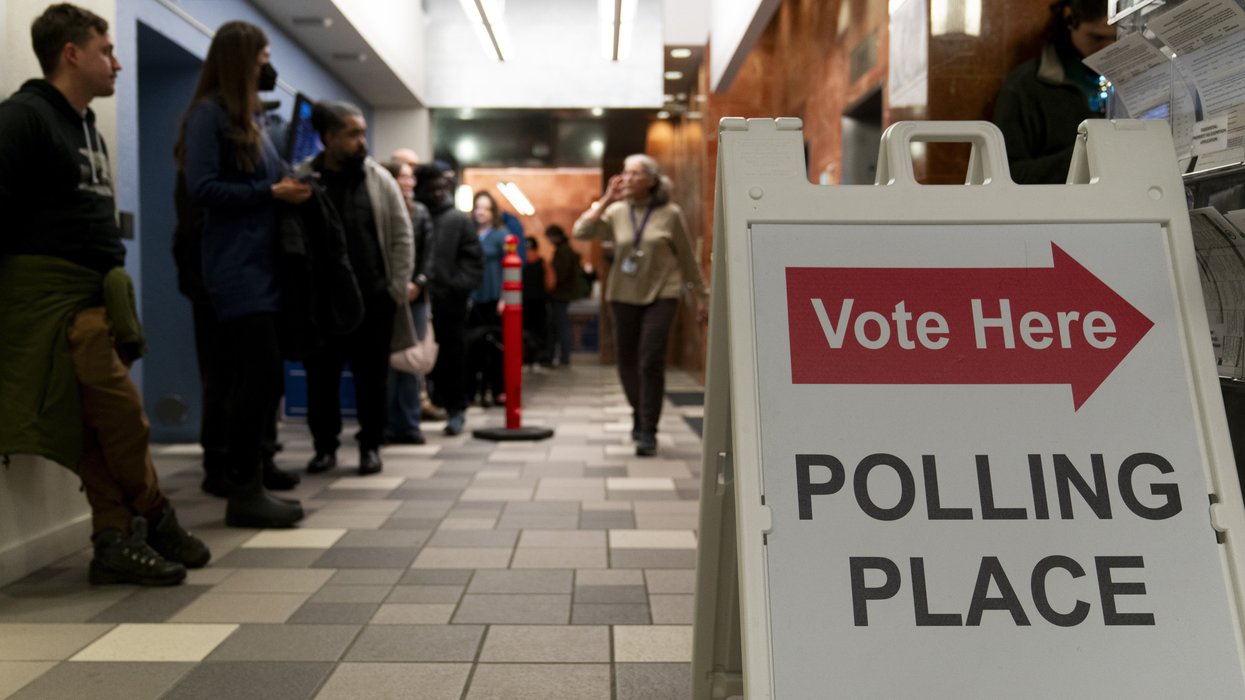The Russians may not have had much real success hacking our elections. But their efforts, combined with other fears brought on by extreme partisanship, a proliferation of conspiracy theories and a feeling of helplessness, have made a real impact on Americans' confidence in our elections.
A new report published by Gallup finds that only 40 percent of the country has confidence in the honesty of our elections — ranking the United States a distant 27th in the world.
Citizens in Nordic countries had the highest level of confidence in their elections, with Finland and Norway tied at No. 1 (89 percent) among countries in the Organisation for Economic Co-operation and Development. Next is Sweden at 87 percent.
On the other end, Mexico (30 percent) and Chile (31 percent) had the lowest confidence levels in elections.
The election confidence numbers may be low in the U.S. but they have been worse, with only 30 percent of Americans saying in 2016 they had confidence in our elections.
In the 2019 poll of Americans used for the comparison with other countries, only 35 percent of women had confidence (compared to 46 percent of men). And people aged 30-49 had the least confidence in elections: 31 percent.
Sign up for The Fulcrum newsletter
The report notes that public attitudes toward the honesty of elections may have dipped already this year.
The reason? Two words: Iowa caucuses.











